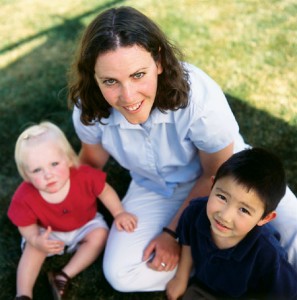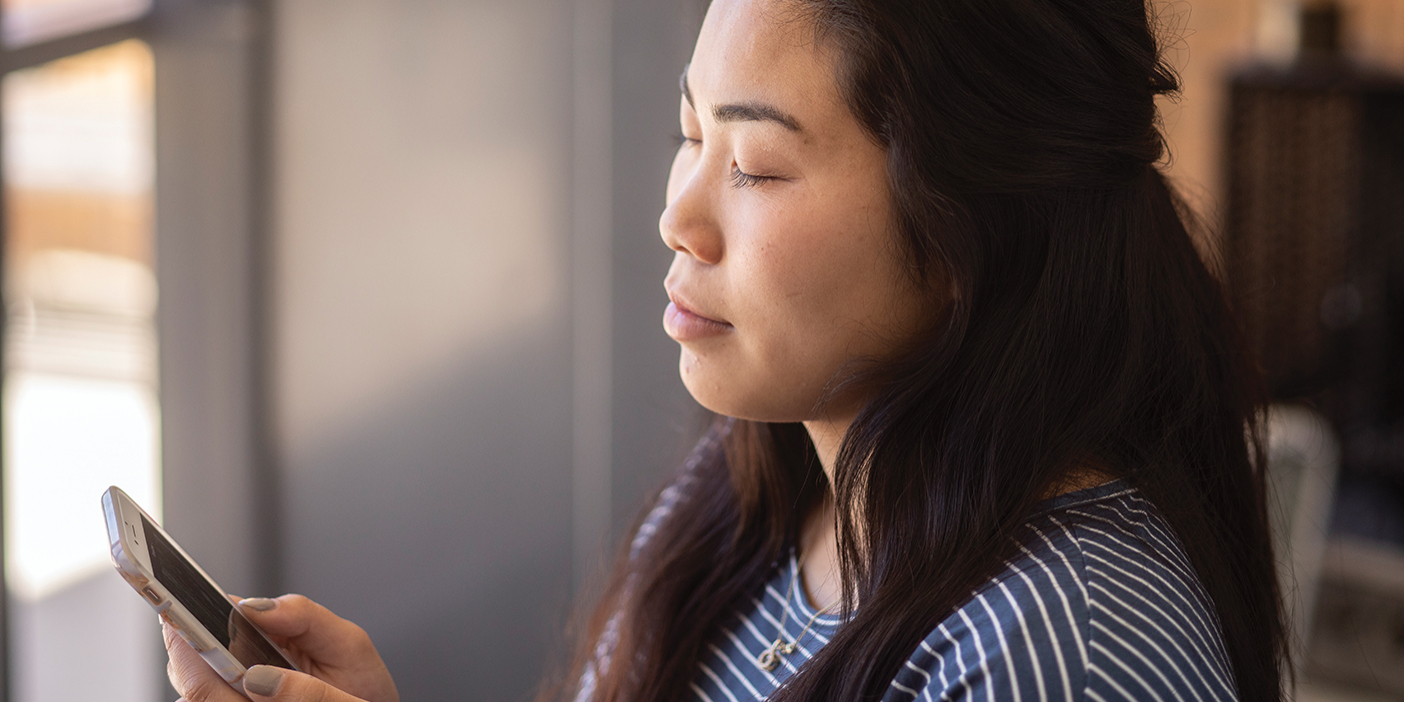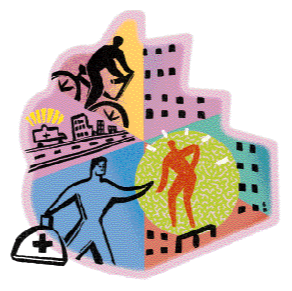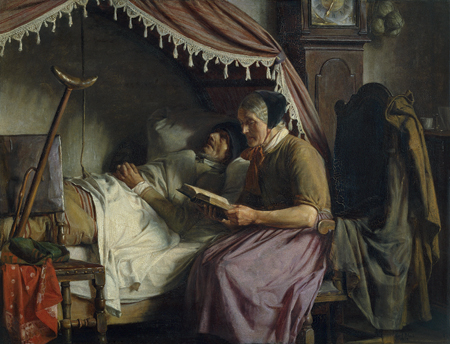Social work student Ruth Campbell fortifies her community through service and compassion.
Aunt Ruth, will you help me with my science project?” The answer is always, “Of course!”
Although Barbara Ruth Campbell, ’03, is studying social work—not mechanical engineering—she and her nephew managed to build a simple spinning motor out of two magnets and a wire. Together they bought the materials, constructed the motor, and presented the finished product at the annual science fair. Campbell willingly stepped in to help out her nephew’s mother, an older sister with three children who works full-time.
“Ruth has a talent for helping people. She knows how to give just what is needed,” says another sister, Belinda Campbell Ballantyne, ’96. Ballantyne says Campbell is the glue that holds together their diverse family of 15 children, five of them adopted.

Barbara Campbell | Photo by Bradley Slade
Spending time with her nieces and nephews is important to Campbell because she feels that with children, one person can truly have an impact. Estranged from her divorced parents since age 12, Campbell was raised primarily by an older sister. Despite this seeming disadvantage, Campbell has led a successful, productive life and continues to give back to her community. Speaking of her sisters, Campbell says, “Somebody believed in me, so I made it.”
Filled with optimism and a desire to serve her fellow human beings, Campbell is building a promising career out of following the scriptural injunction to “succor the weak, lift up the hands which hang down, and strengthen the feeble knees” (D&C 81:5).
In summer 2002 Campbell began working at the Provo Community Action Agency. As a case manager, she provides low-income families with emergency services to help them become self-sufficient. “It’s not an easy job—you hurt for the clients and their situation.”
Campbell encourages her clients to seek help from their religious leaders and applies gospel principles whenever possible. When one immigrant first came to her office, he did not have a permit to work legally. “It was a struggle for him because he didn’t want to watch his wife work to support the whole family,” remembers Campbell. She encouraged him to wait until his paperwork came through, emphasizing that maintaining his integrity would have a better long-term effect on his life. The client agreed to wait to work until it was legal for him to do so; he later told Campbell, “I did it the right way. My kids know I was honest.”
Campbell emphasized the relationship between choices and consequences while she was employed for three years as a counselor in the Strawberry Work Program, where delinquent young women perform community service hours. As they repaired fences and cleaned trails around Strawberry Reservoir, Campbell taught the girls important life skills and lessons about self-esteem. “I try to teach kids how to leave their circumstances and rise to something better.”
Campbell organized weekend educational trips for the young women to help them experience life in a positive and productive way. The group visited a dinosaur monument, a porcelain doll museum, and a local Olympic venue. Campbell taught the girls how to fish, hike, and make candles—skills they might never have learned otherwise.
Her passion for helping others has not gone unnoticed. In April 2002 Campbell was awarded the John S. Stanley Memorial Scholarship for her scholastic achievement in social work. Assistant professor of social work Jini L. Roby, ’77, recognizes the potential Campbell has to offer the profession. “Ruth has a very caring, compassionate nature and the ability to empathize.This is partly because of the things that she has suffered and overcome in her own life.”
This fall Campbell will begin her graduate studies in social work at Columbia University. Ultimately she would like to establish her own nonprofit organization to benefit inner-city children. Her goal is to make a difference in the world by showing that she cares. “People just want to be loved and accepted. They want to know there’s hope in life. I try to show them there’s more out there.”









